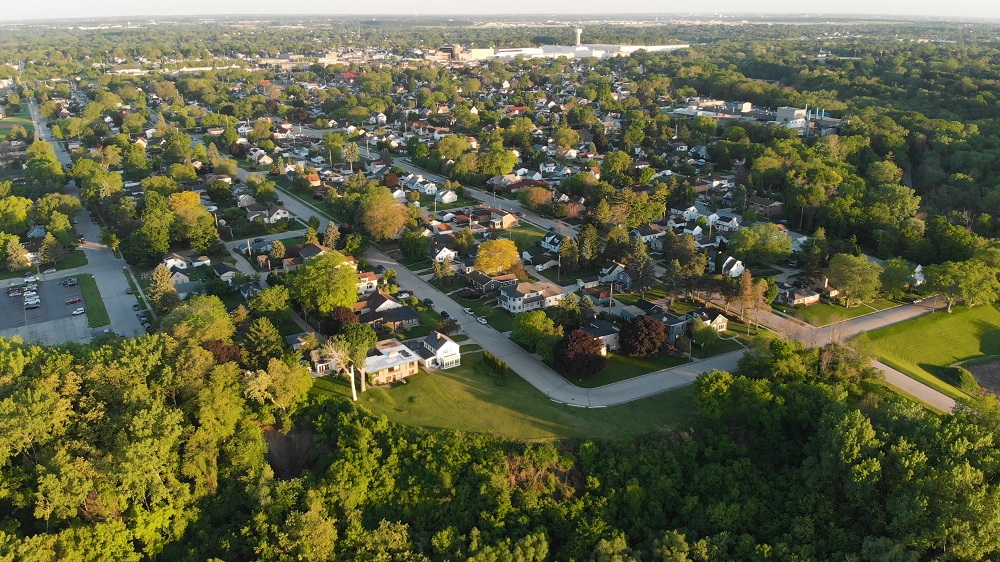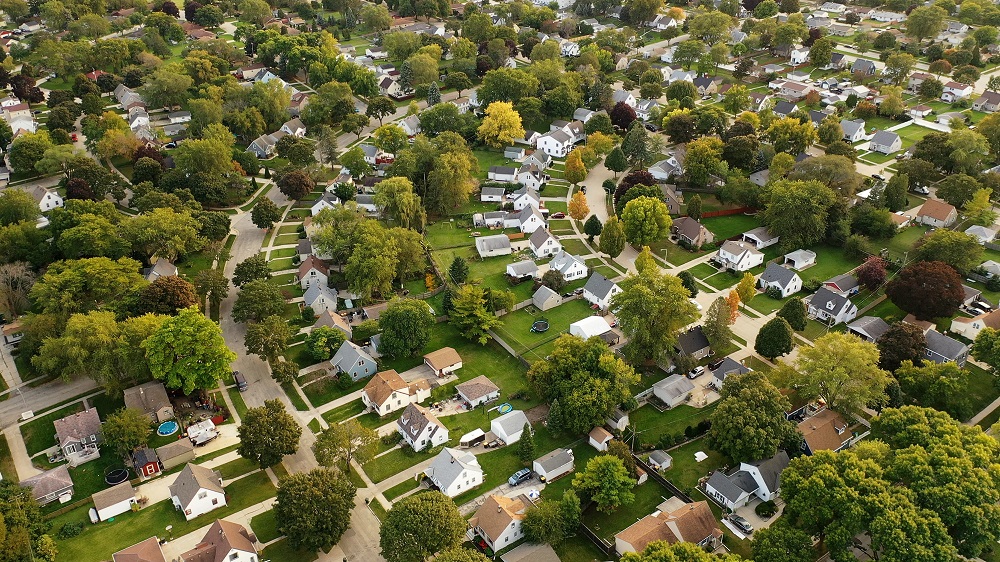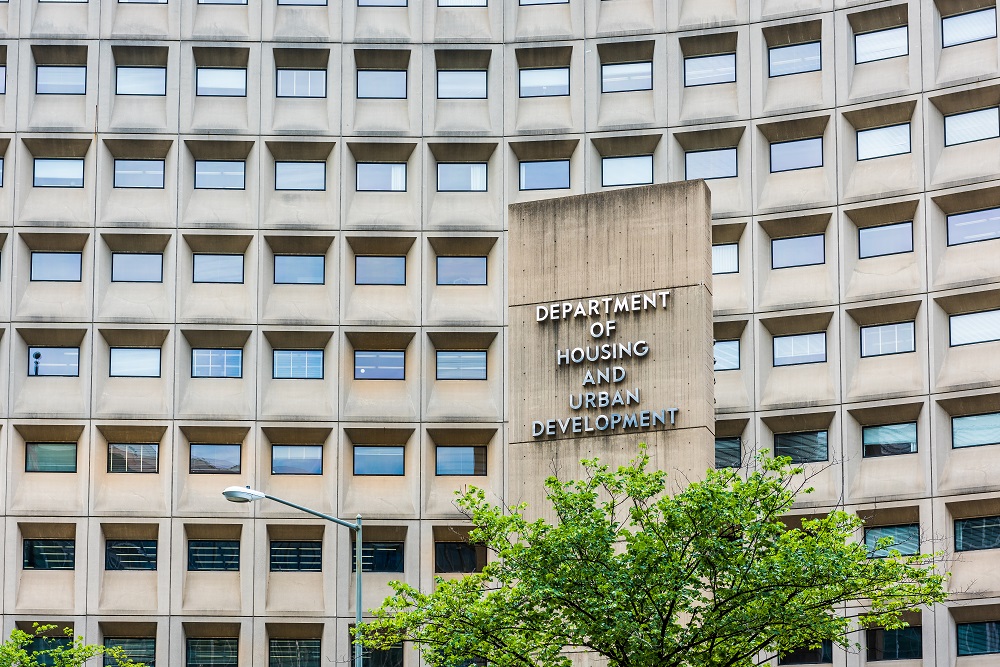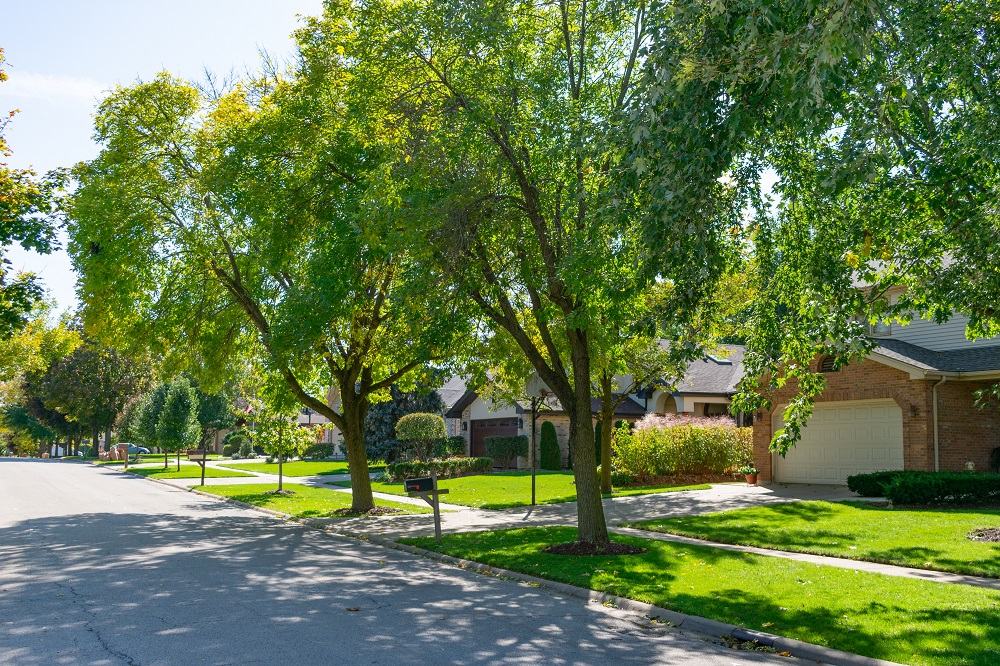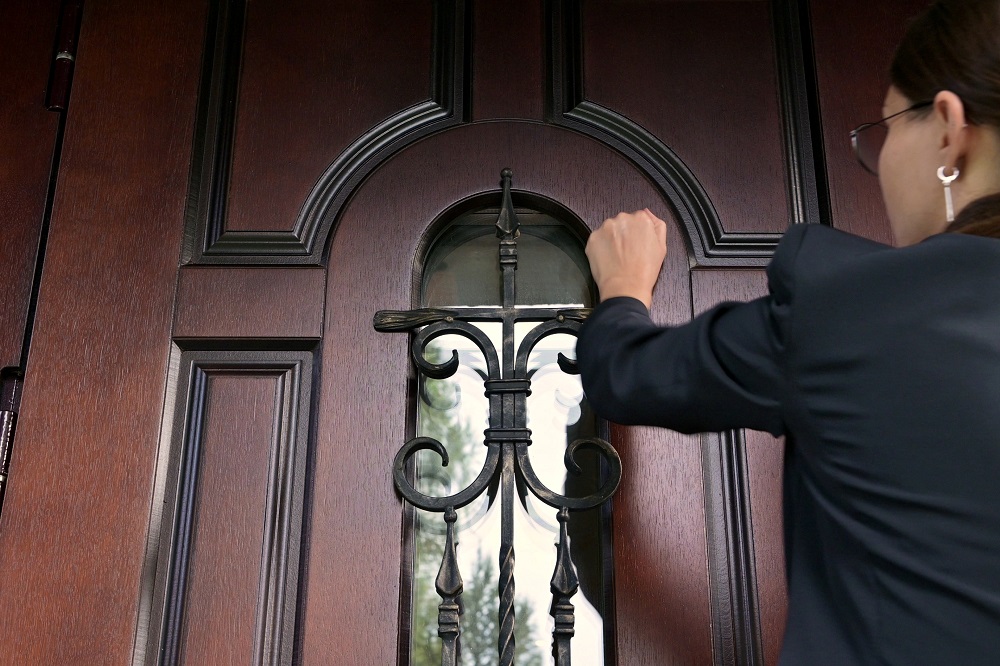The Appellate Court of Illinois, First District, recently held that the borrowers' appeal in a mortgage foreclosure action was moot for failure to timely perfect a stay of enforcement of the final judgment.
Posts published in “Foreclosure”
In response to certified questions from the U.S. Court of Appeals for the Ninth Circuit, the Nevada Supreme Court recently held that: (1) an action seeking to determine the validity of a homeowners association lien under NRS 40.010 is subject to NRS 11.220’s four-year statute of limitations;
The Illinois Court of Appeals, First District, recently affirmed a trial court’s order granting a mortgagee’s motion to confirm judicial sale of a borrower’s property and denying the borrower’s motion to set aside and vacate the sale.
The New York Appellate Division, Second Department, recently affirmed a lower court’s order granting summary judgment in favor of a borrower in a foreclosure action due to the mortgagee’s failure to comply with the “separate envelope” requirement of New York’s Real Property Actions and Proceedings Law 1304(2).
The U.S. Court of Appeals for the Seventh Circuit recently affirmed the dismissal of several actions by a borrower against a mortgagee, and in so ruling also held that it did not have jurisdiction to review the lower court’s remand order, and that the borrower had waived his right to challenge an award of attorney fees and costs in connection with the remand.
The Appellate Court of Illinois, Second District, recently reversed a trial court’s grant of a borrower’s motion to dismiss a mortgagee’s foreclosure complaint and the trial court’s denial of the mortgagee’s motion to reconsider.
The Appellate Court of Illinois, Second District, recently affirmed a trial court's ruling denying a borrower’s motion to vacate the default judgment of foreclosure against him and confirming the judicial sale of the borrower’s property.
The Appellate Court of Illinois, First District, recently vacated a judgment of foreclosure entered against a homeowner borrower, concluding that the mortgagee failed to conduct a face-to-face meeting with her prior to initiating foreclosure proceedings, as required for mortgage loans insured by the Department of Housing and Urban Development (HUD).
The Appellate Court of Illinois, First District, recently affirmed a trial court’s dismissal with prejudice of a complaint from two borrowers alleging claims for among other things “wrongful foreclosure,” wrongful eviction, fraud, consumer fraud, false imprisonment, and a due process violation under 42 U.S.C. § 1983.
The Illinois Appellate Court, First District, recently held that substitute service can be effected under the Illinois Code of Civil Procedure when the summons is left with an adult with a cognitive impairment.
The U.S. Court of Appeals for the Second Circuit recently vacated a trial court's grant of summary judgment to the plaintiff in an action to quiet title for a property subject to a mortgage. While the appeal was pending for this matter, an intervening ruling in the New York Court of Appeals undermined the reasoning of the trial court. Therefore, the Second Circuit vacated the trial court’s judgment and remanded the case for further proceedings.
The Appellate Court of Illinois, First District, recently affirmed a trial court’s order appointing a receiver as to a mixed-use property in foreclosure, because the foreclosing mortgagee established a reasonable probability that it would prevail in a final hearing and the defendant mortgagors failed to show good cause as to why a receiver should not be appointed.

